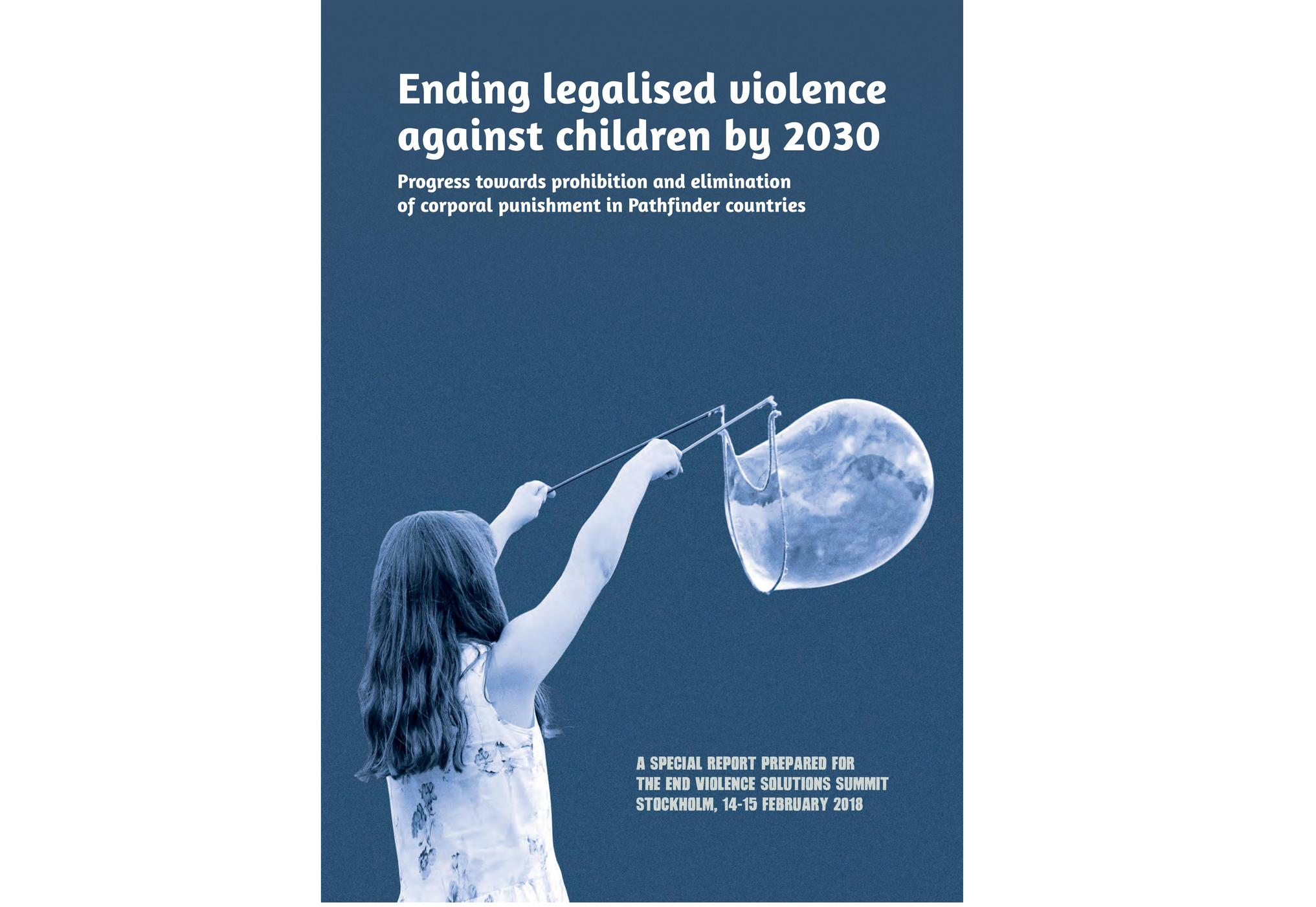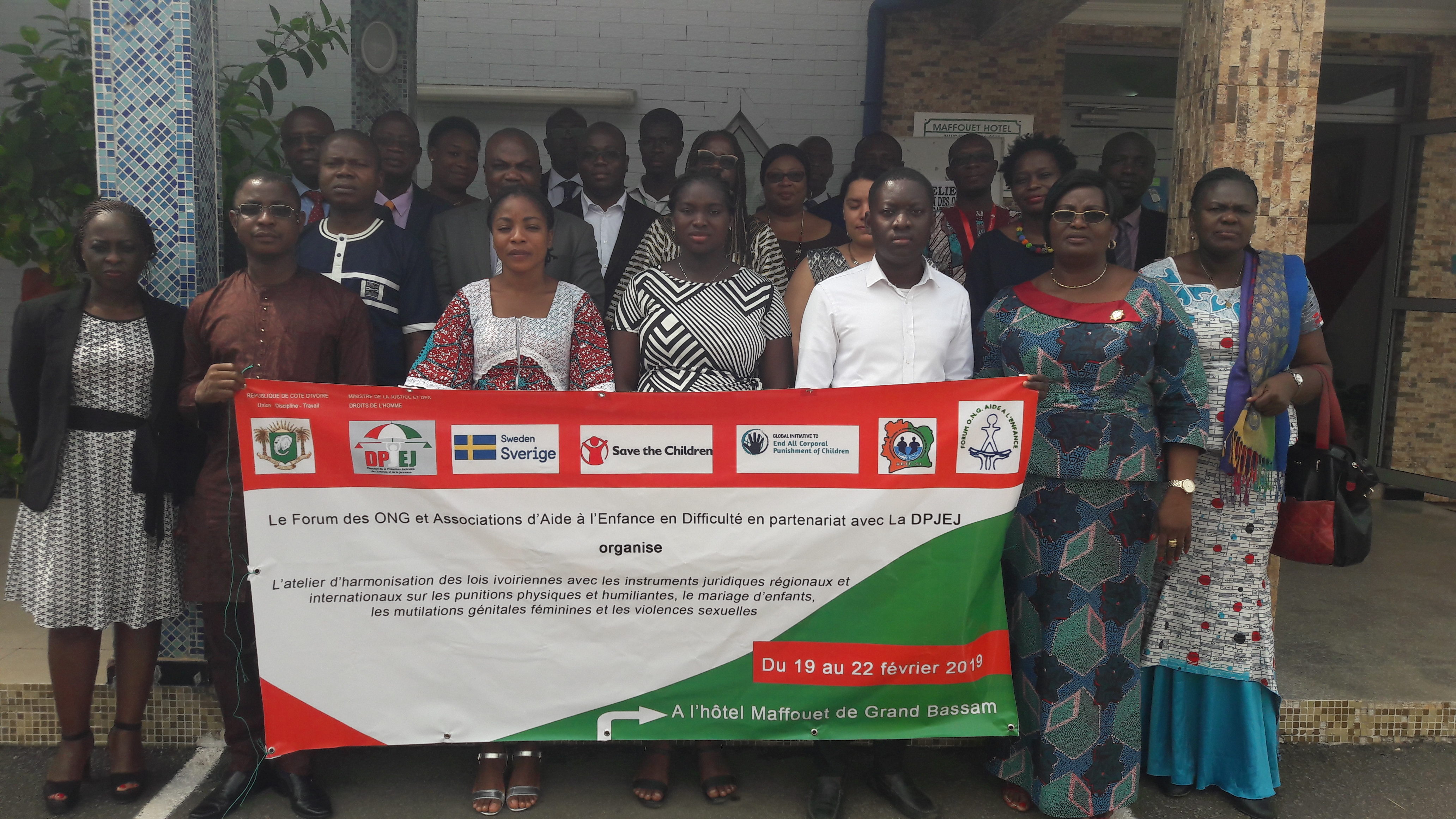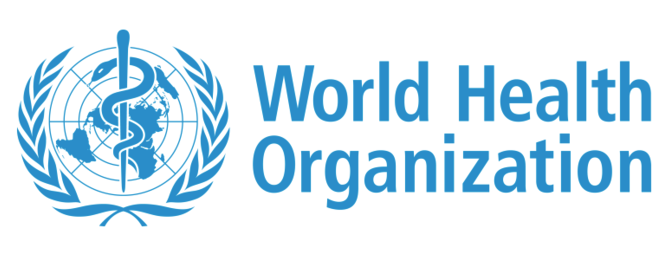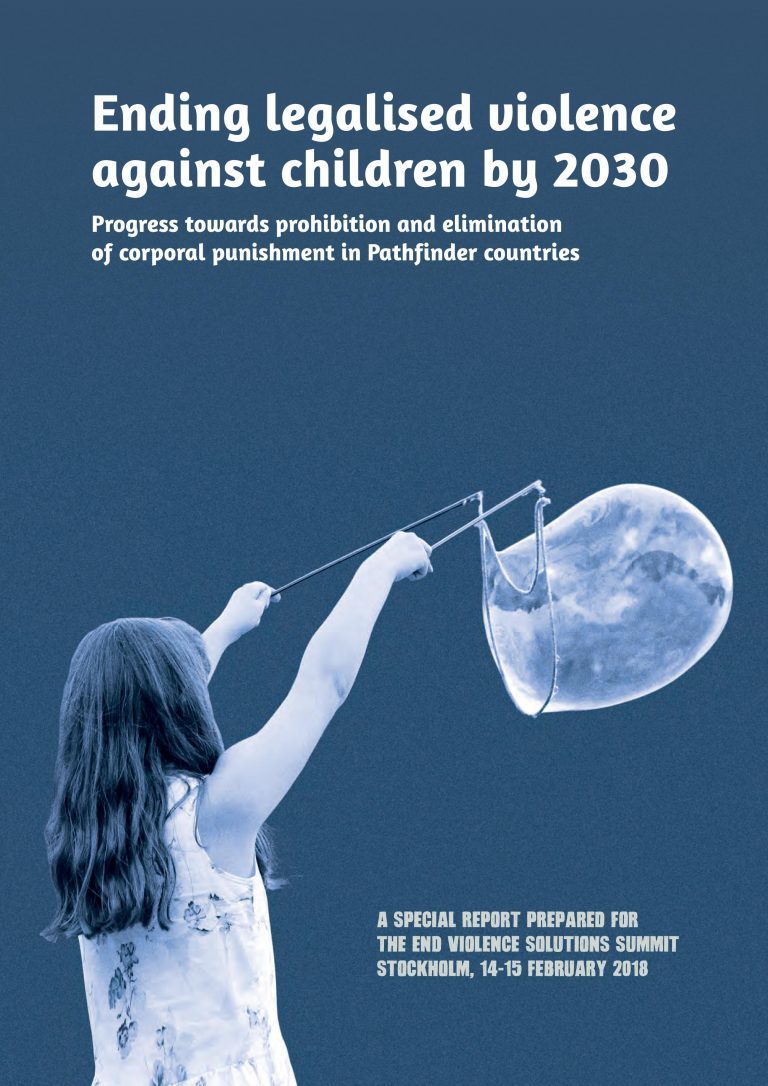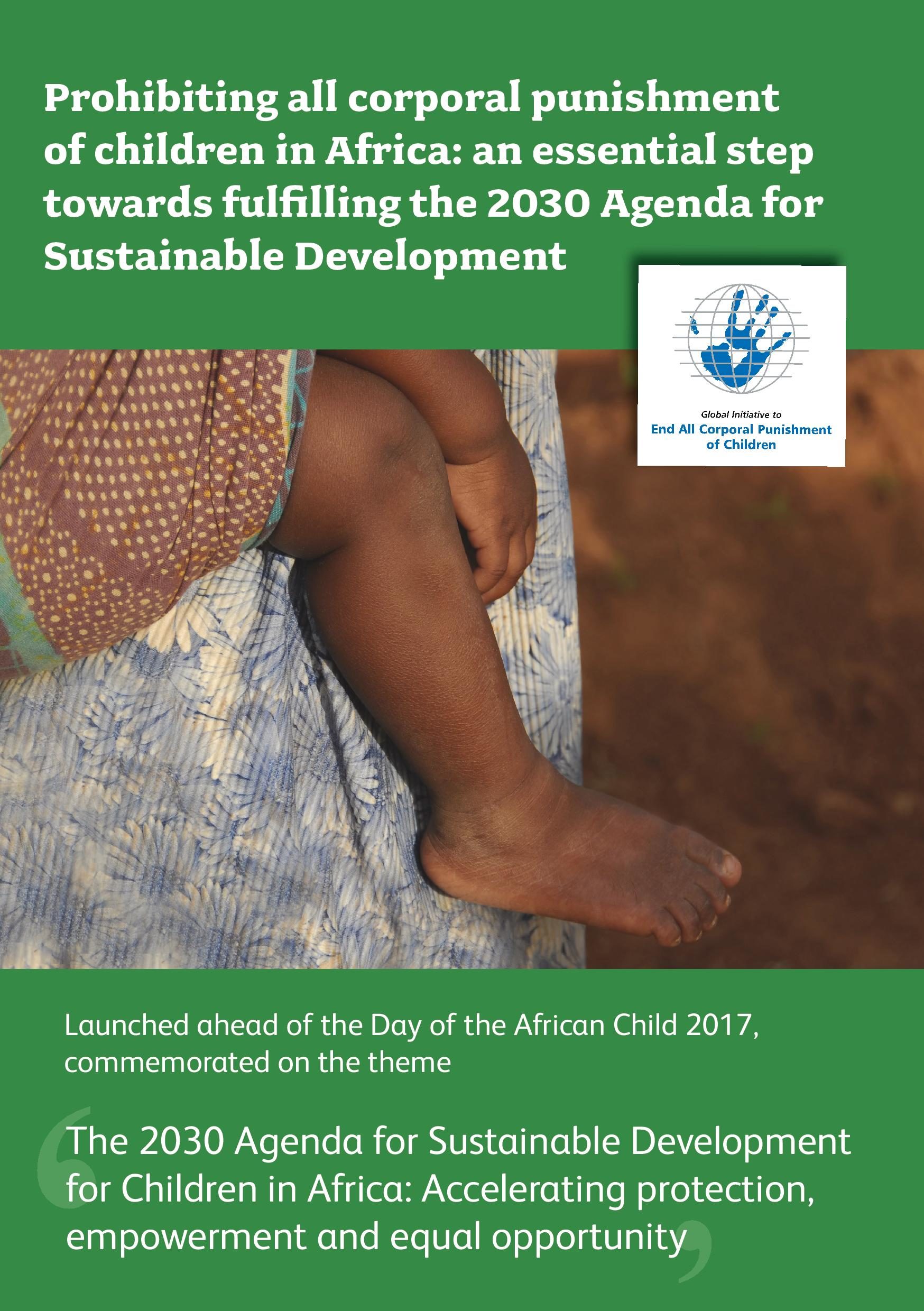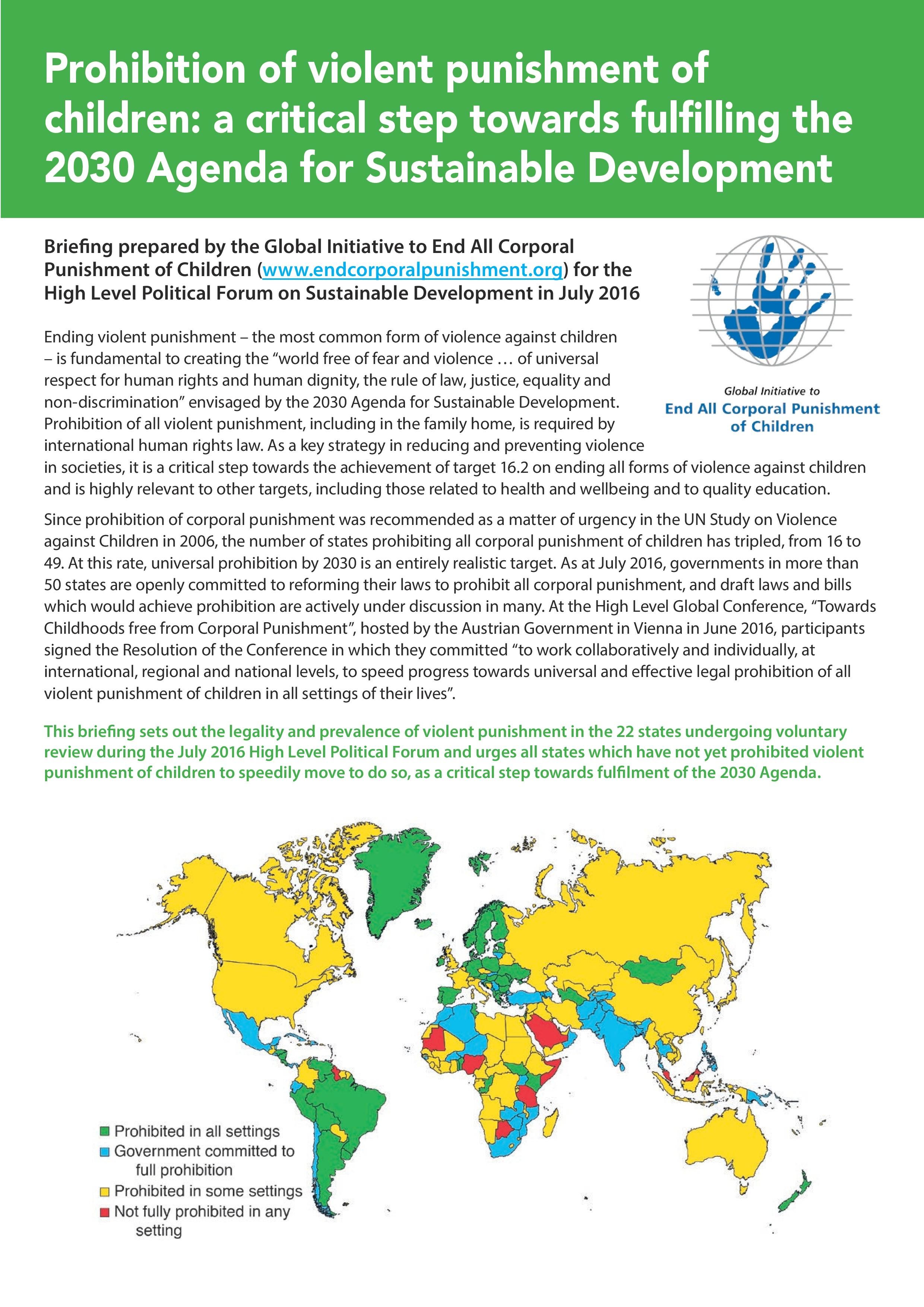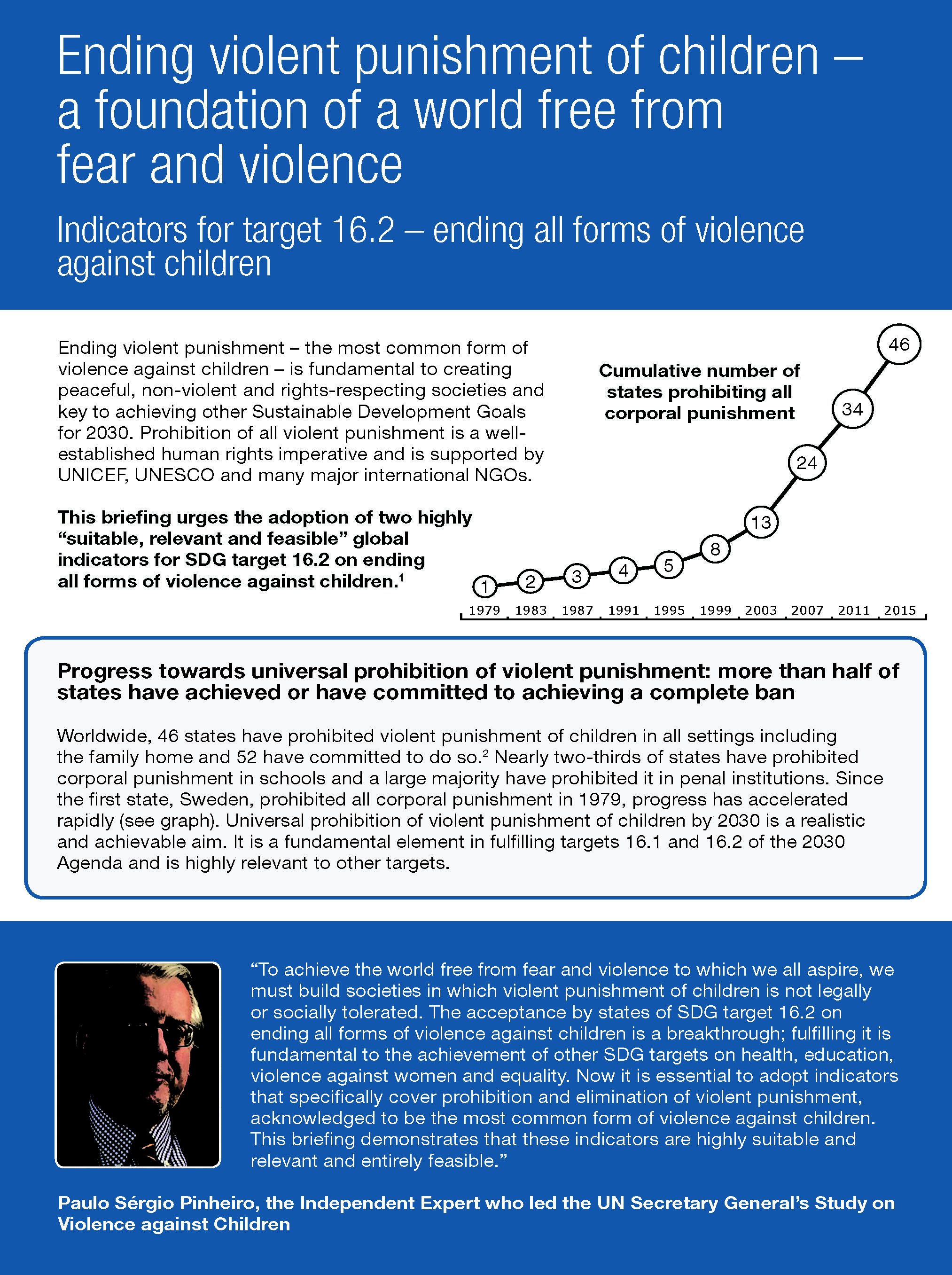Corporal punishment and the SDGs
Corporal punishment is the most common form
of violence experienced by children worldwide.
Ending its use is key to ending all violence against
children and reducing violence across the whole
of society in the longer term – building peaceful,
non-violent societies in which human rights are
respected – and in working towards other Sustainable
Development Goal (SDG) targets, including those
related to health, education, violence against women
and girls, equality and economic growth.
Violent punishment of children is associated with a variety of negative health and behavioural outcomes, including poorer mental health and educational outcomes, and increased aggression and criminal behaviour. While the long-term effects of violence in families and society are felt by all, they can disproportionately affect low- and middle-income countries, where its impact can be severe in terms of slowing economic growth, undermining personal and collective security, and impeding social development.
Progress
2015
The Sustainable Development Agenda 2030 is adopted by world leaders who, for the first time, commit to ending all forms of violence against children (Target 16.2). Prohibition of all corporal punishment is a critical step towards the achievement of Target 16.2 and other targets, including those related to health and well-being, and quality education.
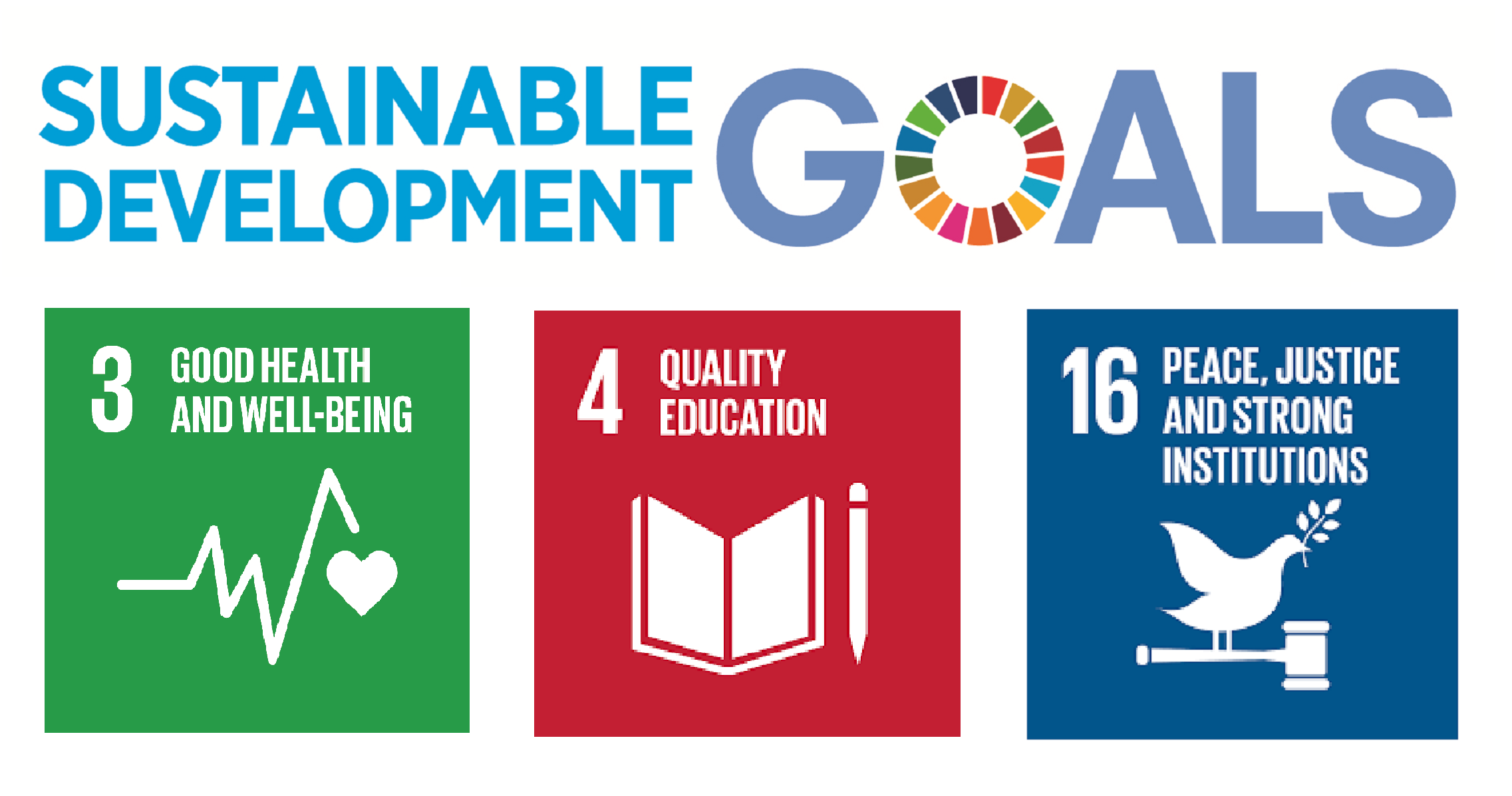
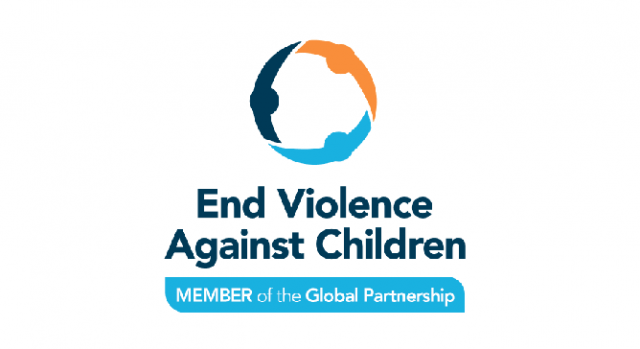
2016
The Global Partnership to End Violence Against Children and its associated fund are launched to help achieve SDG 16.2. The Global Initiative becomes a member of the Partnership, together with governments, civil society organisations and children themselves.
INSPIRE: Seven Strategies for Ending Violence Against Children is published by the World Health Organisation and nine other agencies. The first strategy – implementation and enforcement of laws – highlights the need for laws banning corporal punishment of children by parents, teachers and other caregivers, and society-wide measures to change social norms and attitudes around violence in childrearing.
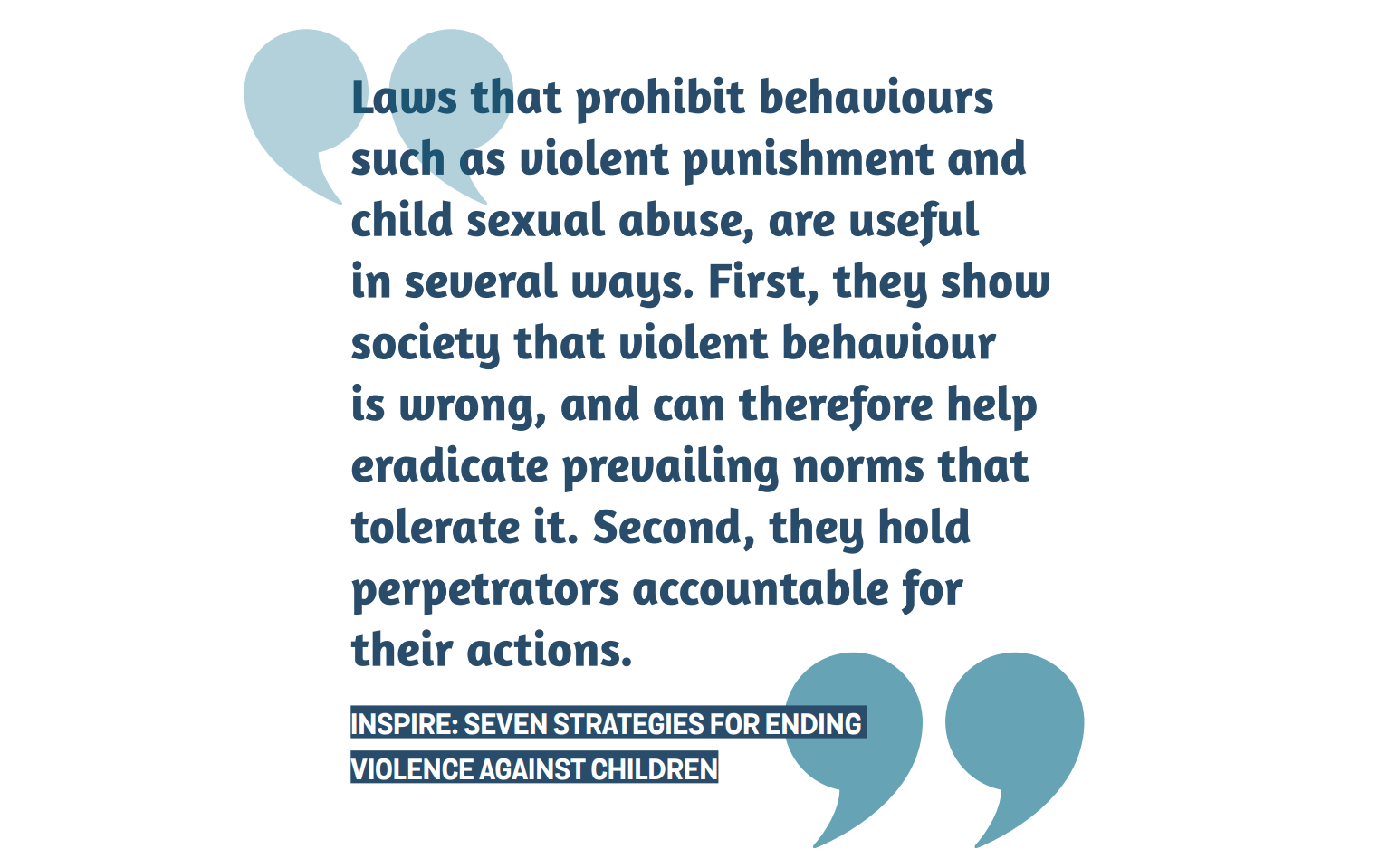
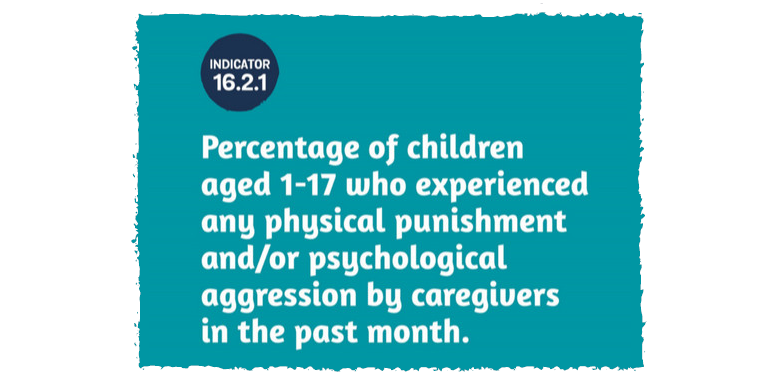
2017
The global indicator framework to monitor progress under the SDGs is agreed in March and adopted by the General Assembly in July. The first of three indicators to track progress on SDG 16.2 relates to physical punishment of children at home.
2018
The first End Violence Solutions Summit is held in Stockholm, Sweden, to share learning and best practice on what works to end violence against children, including corporal punishment. The Global Initiative launched a report at the Summit, analysing progress to end corporal punishment in Pathfinding countries of the Global Partnership.
2019
The Global Initiative and partners provide training on the INSPIRE strategies in two Pathfinding countries, Côte d'Ivoire and Indonesia, supported by the End Violence Fund.
2020
In 2020, the Global Initiative’s work was taken forward by the End Violence Partnership, under the new name End Corporal Punishment. The Partnership and Secretariat provided significant support and opportunities to pursue ending violent punishment of children. The chance to work closely with Pathfinding countries was particularly fruitful.
2023
In September 2023 the World Health Organization in collaboration with a multi-partner Steering Committee, became the new host for End Corporal Punishment. Together, we will continue work to achieve target 16.2 of the Sustainable Development Goals: ending all forms of violence against children, including all corporal punishment.

